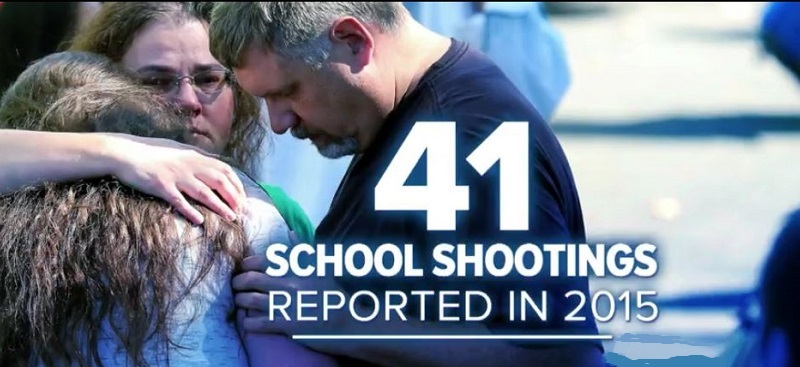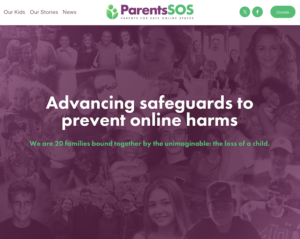Read how exposure to violent media content can be linked to rise in mass shootings.
An unanswered question for the 21st century is to what extent does overexposure to violent media content, especially at a young age, have on subsequent acts of violence. With rise in video gaming, prolific research is documenting concomitant rise in violence and aggression. In 2009 the American Academy of Pediatrics profiled extensive studies showing media violence is causally linked to child aggression, desensitization to violence, nightmares, and fear of being harmed. Early exposure to violent media content has been shown to increase risk of violent behavior.
Media imagery affects behavior, a premise effectively used by the advertising industry. Research is now documenting Game Transfer Phenomena, where gamers retain the visual imagery and violent behaviors endemic in the game and transfer these to real life. One 9 year old child I assessed who spoke incessantly about Halo Zombies, threw a rock at a passing truck breaking the window stating “I thought I saw zombies”. Matthew de Grood, a noted ‘chronic video gamer’, killed five college students stating “I thought they were zombies”. Dr. Andrew Haag testifying psychiatrist in the trial proceedings, stated that de Grood “was having delusional symptoms which had a profound impact on how he perceived reality”.
All shooters are gamers. The recent mass shooting in a Saskatchewan school killing 4 students was by a noted ‘loner and video gamer’. Serial killer Dillan Millard reported he played Halo 4 hours per day using Zombie bullets which explode upon entry. ISIS recently created the ARMA III video game to train ISIS recruits. The recent mass shooting in Florida killing 49 people was by an ISIS militant.
Raise public awareness about the impact of violent media content on children by sharing this article with buttons below to those you love and want to protect or let readers know how you feel by making a comment below. For more information please consult video game sections on Zone’in Fact Sheet and Educational Videos at www.zonein.ca. Write to Cris Rowan at info@zonein.ca.




